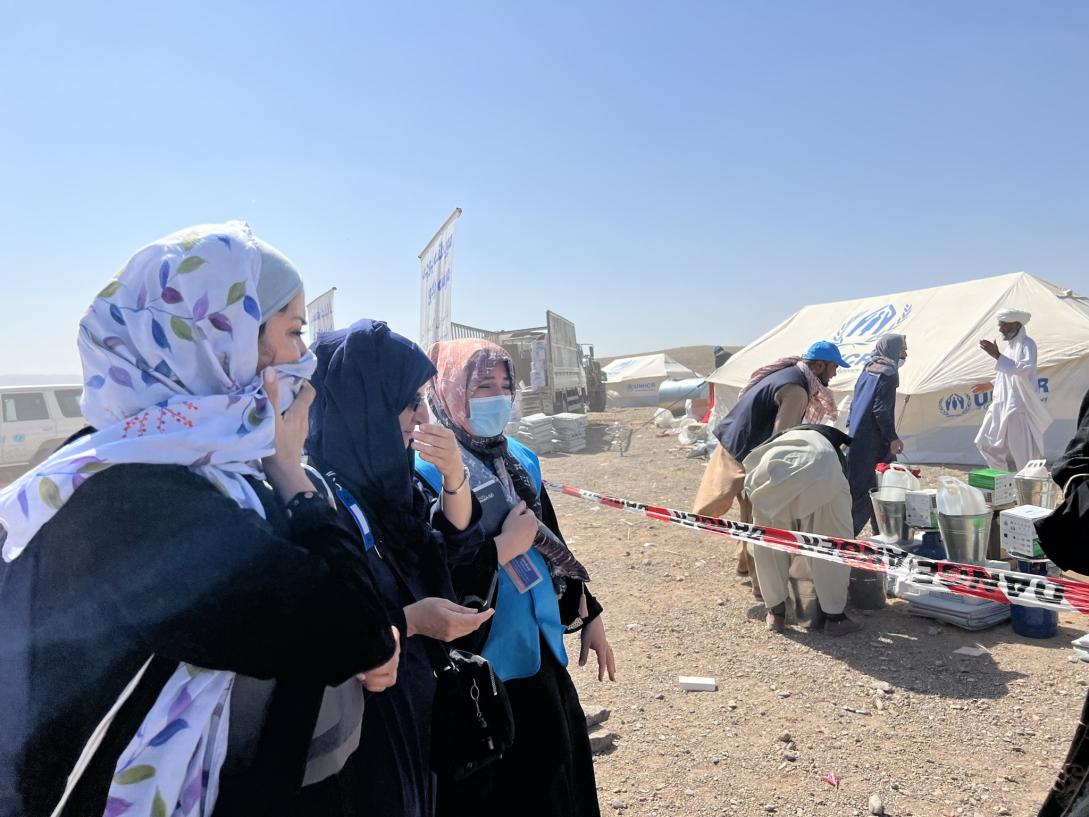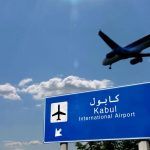In response to the deadly earthquake that hit western Afghanistan this weekend, the EU provides emergency humanitarian aid for an amount of €3.5 million, in order to address the most urgent needs of the affected population.
Following the deadly earthquake that hit western Afghanistan this weekend, the EU will provide emergency humanitarian aid for an amount of €3.5 million, in order to address the most urgent needs of the affected population.
A new allocation of €2.5 million will be available for humanitarian partners that are already carrying out relief operations on the ground. Currently, the main needs are emergency shelter, medical relief items, and access to safe drinking water and sanitation in an area that has been recently affected by droughts.
This new assistance comes in addition to the €89 million in humanitarian aid already allocated in 2023 for humanitarian organisations in the country. EU humanitarian aid in Afghanistan is solely channelled through our humanitarian partners on the ground.

EU provides €1 million euro in humanitarian aid in response to the earthquake in Morocco
|
In addition, the EU is offering in-kind assistance from its own humanitarian stocks in Dubai, in the framework of the European Humanitarian Response Capacity (EHRC).
Shelter kits, winterised tents, hygiene kits and other supplies are available to our humanitarian partners, depending on their needs on the ground, and ready to be delivered via a new flight of the EU Humanitarian Air Bridge.
The overall cost of the operation has been estimated at approximately €1 million. So far 31 flights have already been organised through this air bridge, the latest having just arrived on 7 October.
Background
On 7 October, a magnitude-6.3 earthquake hit the western province of Herat, and was followed by three strong aftershocks.
There are approximately 1.79 million people that have been exposed to strong shaking caused by the earthquake, with around 12,000 people estimated to be directly affected and 1,023 people killed. These figures are likely to rise significantly as further information becomes available.
Afghanistan remains one of the largest humanitarian crises in the world, with 29.2 million people estimated to need humanitarian assistance this year. Over 90% of the population lives below the poverty line and around 17 million people are experiencing acute food insecurity.
Despite access challenges, the EU continues to ensure the delivery of life-saving assistance, with over €1.7 billion in humanitarian funding since 1994.
Launched in 2021, the Humanitarian Air Bridge to Kabul has been organised in the framework of the European Humanitarian Response Capacity, which aims at filling gaps in the humanitarian response to natural and human-made disasters.
With 31 flights completed so far, it has delivered more than 1,340 tonnes of life-saving aid since the start of the operation.
More information: Delegation of the European Union to Afghanistan







Leave a Reply